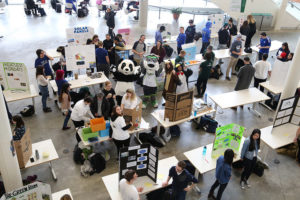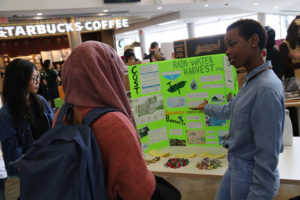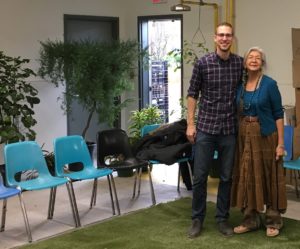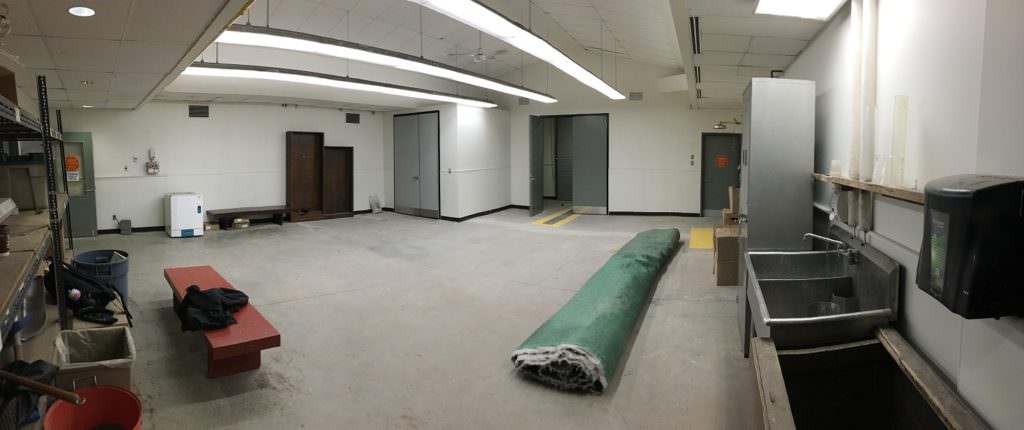
Professor in the School of Business, Catrina McBride inspires her Communications, Level II students to explore sustainability solutions that might be appropriate for Algonquin College to undertake.
Through a series of writing assignments, students learn from business leader Ray Anderson in his book Confessions of a Radical Industrialist, while developing their skills in summarizing content, writing with persuasion, and conveying research findings and recommendations in a final summary report. The culminating performance for the course is a group project and report that is evaluated on its organization, use of the indirect strategy, appendix, style, mechanics, format, and APA referencing.
Oral communications and presentation skills are also brought into the mix as the groups of students get to interact with Algonquin College community members during a Spring Sustainability Day hosted in Student Commons.
A series of lesson plans and accompanying assessment rubrics map out student learning in this course and are available in the myAC group for collaboration around sustainability, innovation and Indigenous practices relevant to curriculum delivery.
Photos of the poster presentations are available at:
Sustainability Day 2018
Sustainability Day 2017
Sustainability Day 2016
 Social-cultural sharing and economic-environmental sustainability were the dominant themes that surfaced during a multi-disciplinary approach used in a collaborative event between students from the course Achieving Success in the 21st Century (GED2012 Cabinetmaking and Furniture Technician program) and the course Aboriginal Culture and Heritage (SSC1788, GAS Aboriginal Studies program).
Social-cultural sharing and economic-environmental sustainability were the dominant themes that surfaced during a multi-disciplinary approach used in a collaborative event between students from the course Achieving Success in the 21st Century (GED2012 Cabinetmaking and Furniture Technician program) and the course Aboriginal Culture and Heritage (SSC1788, GAS Aboriginal Studies program).
